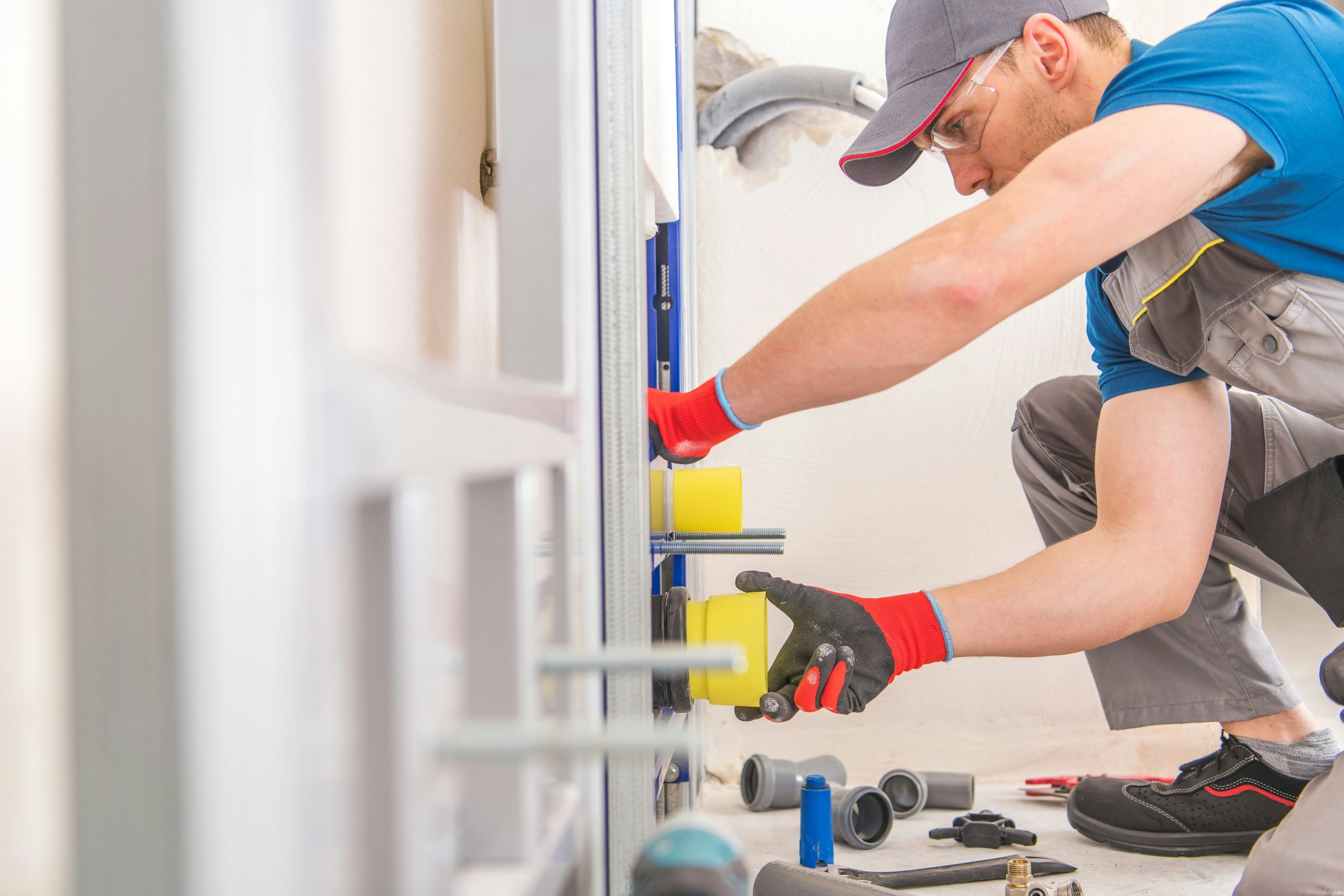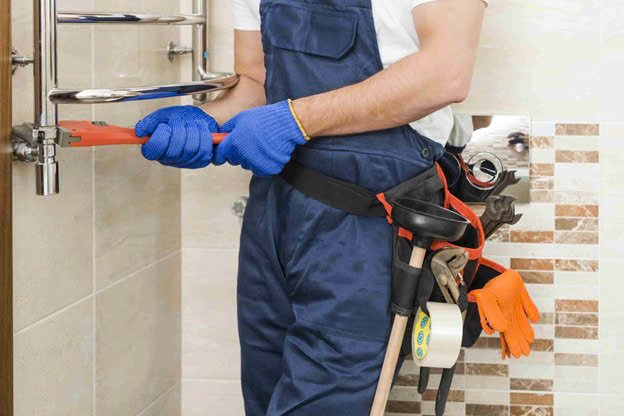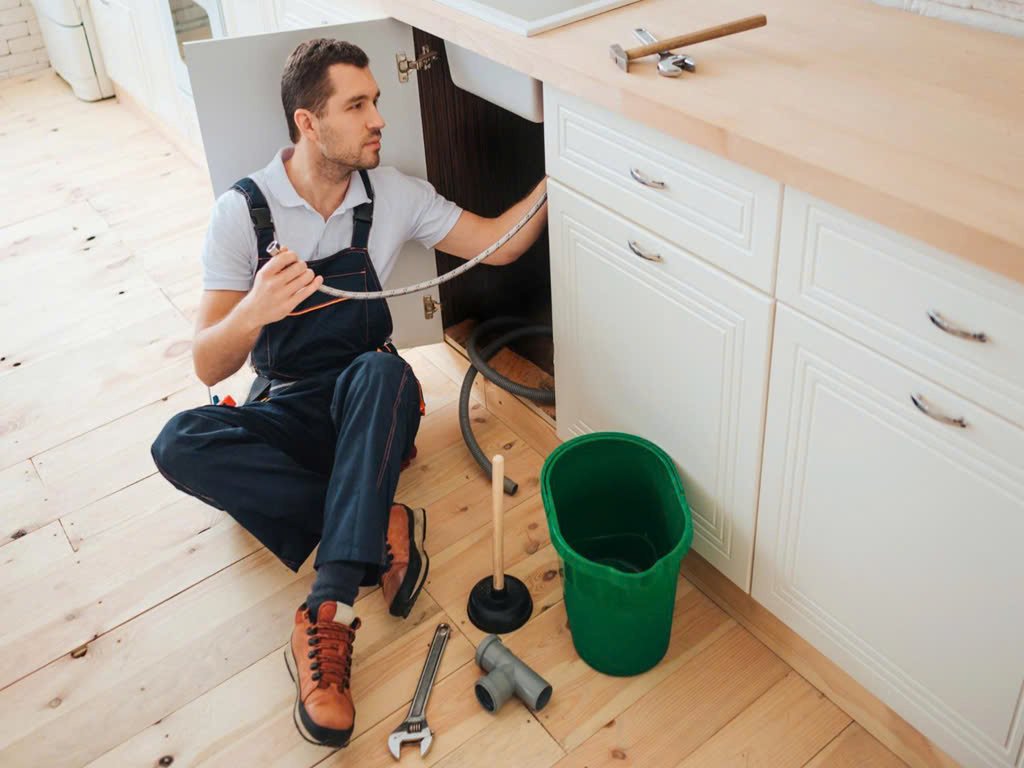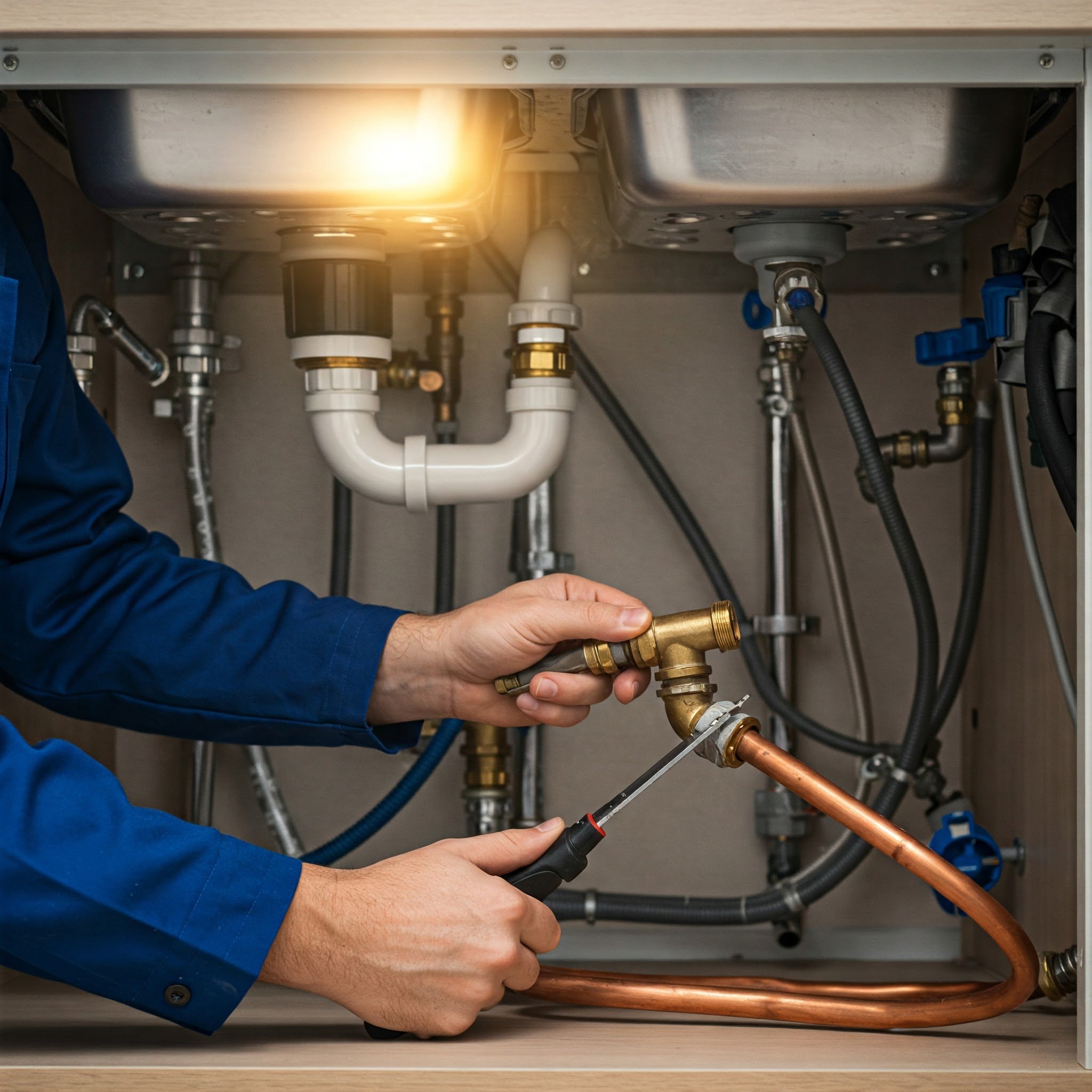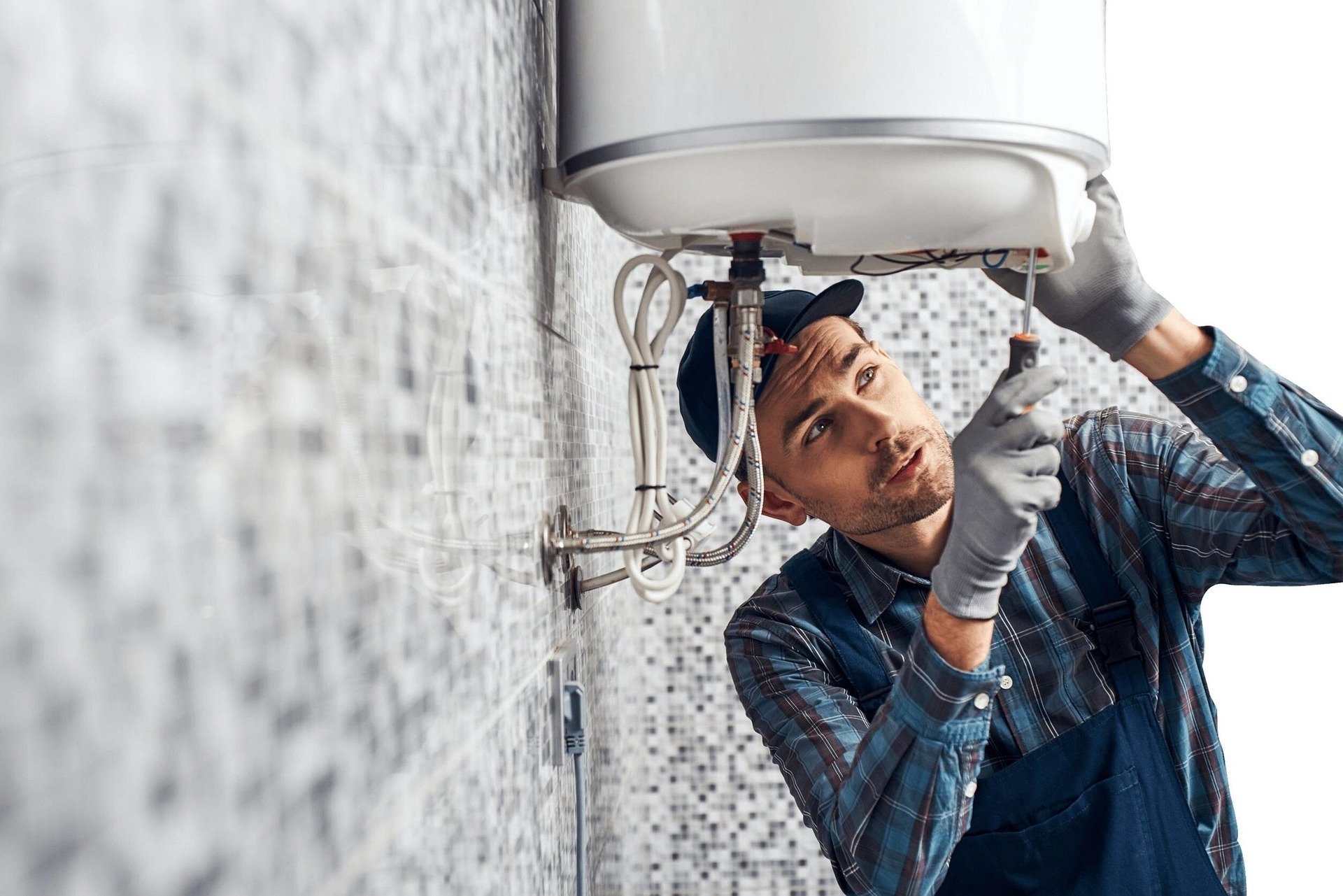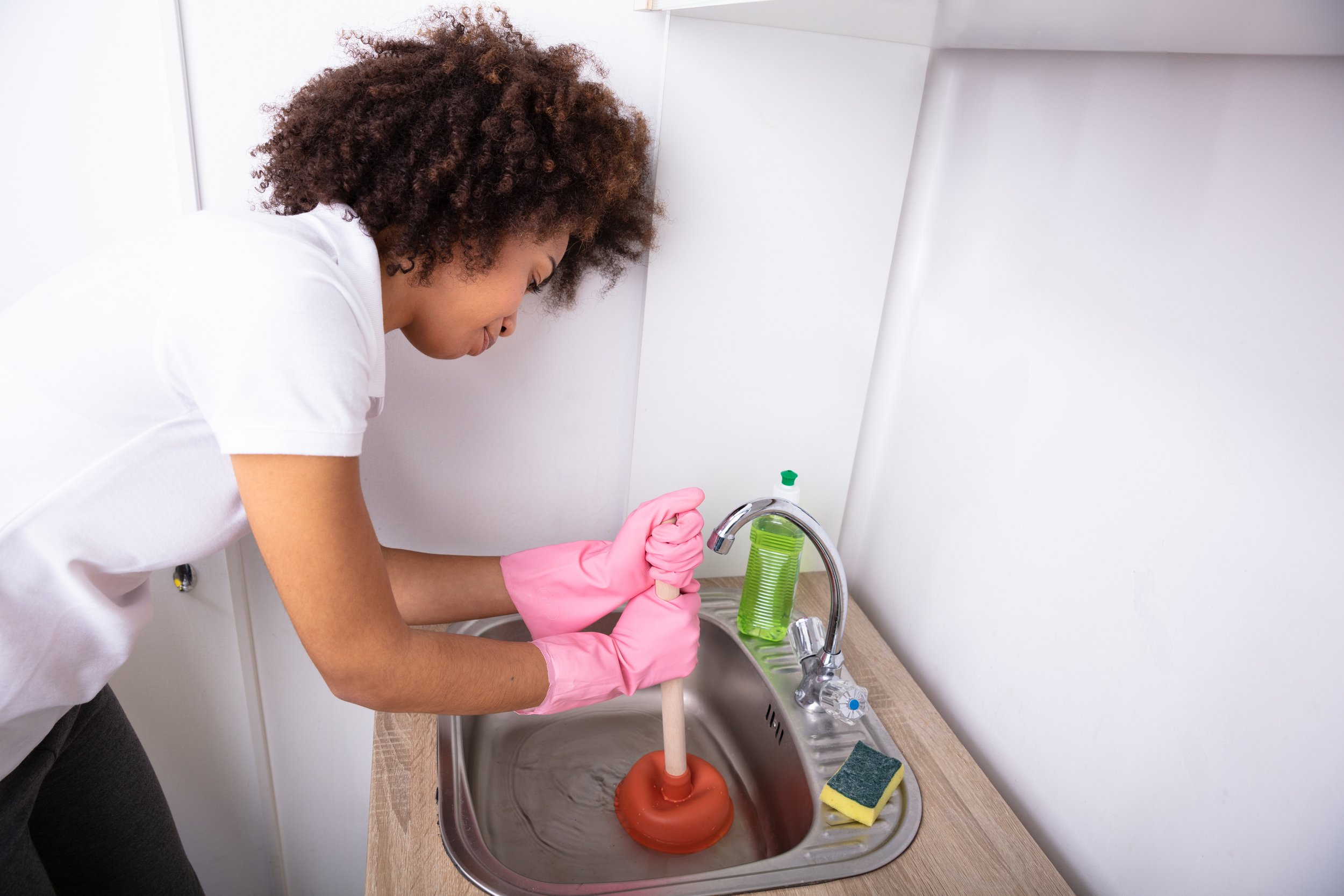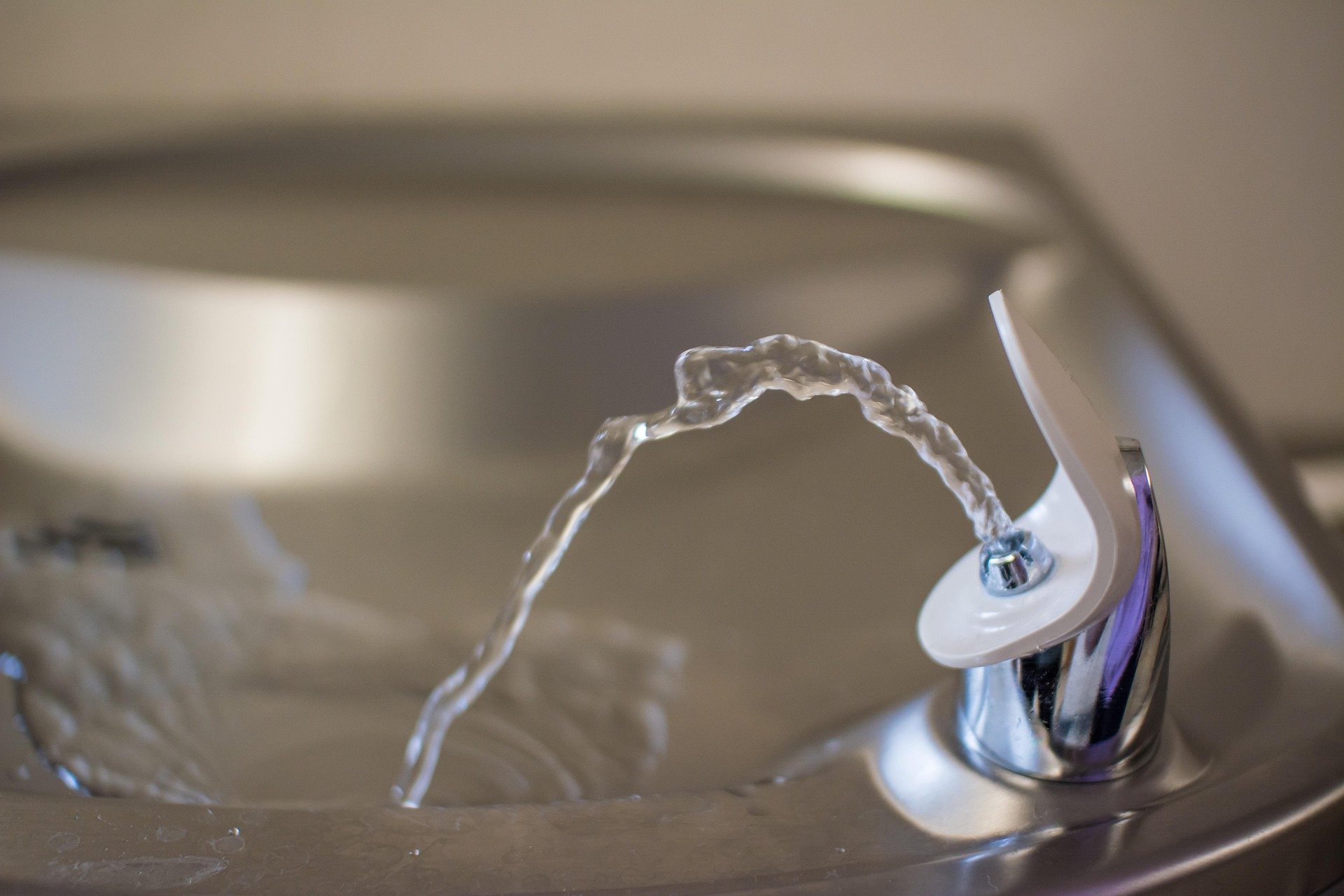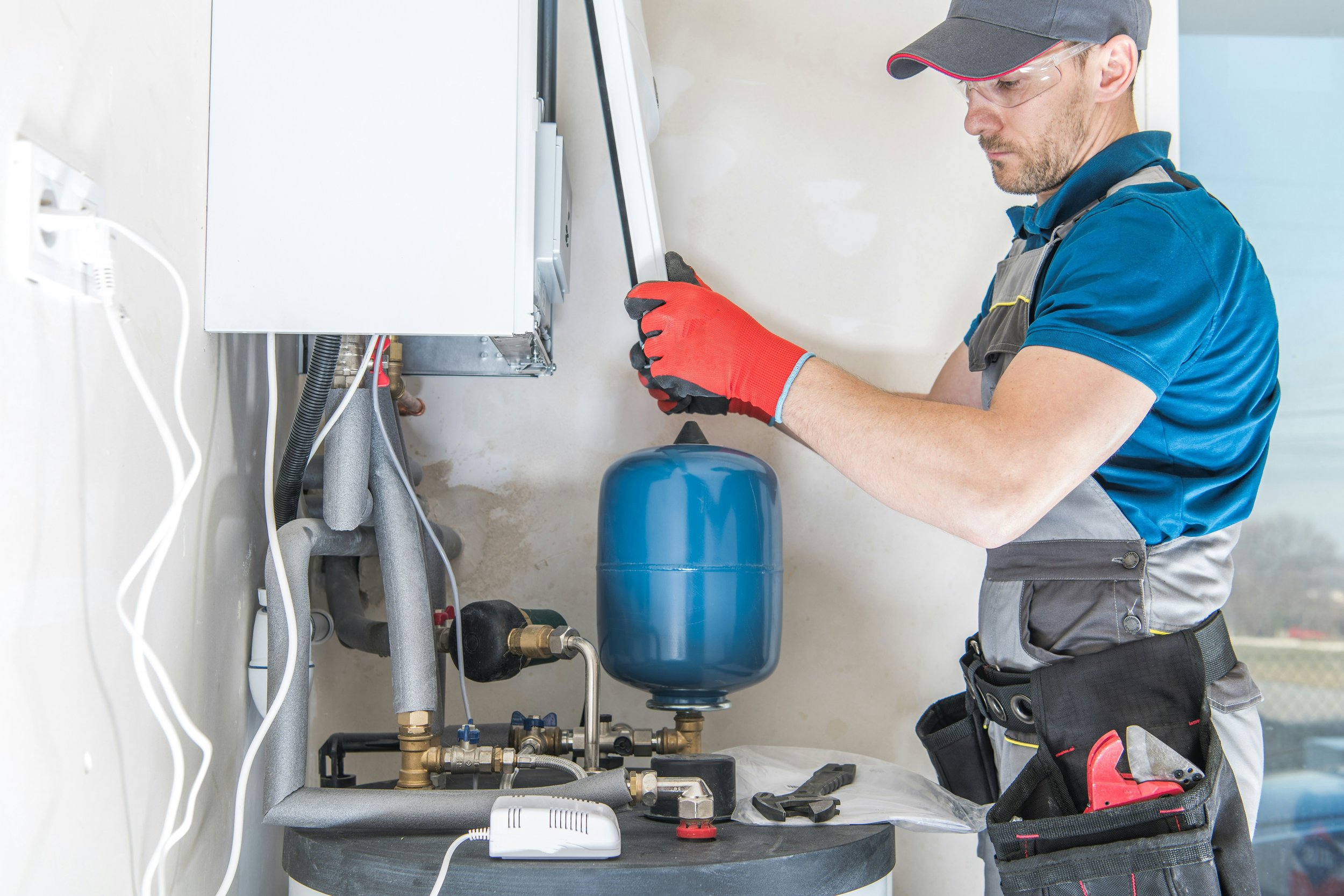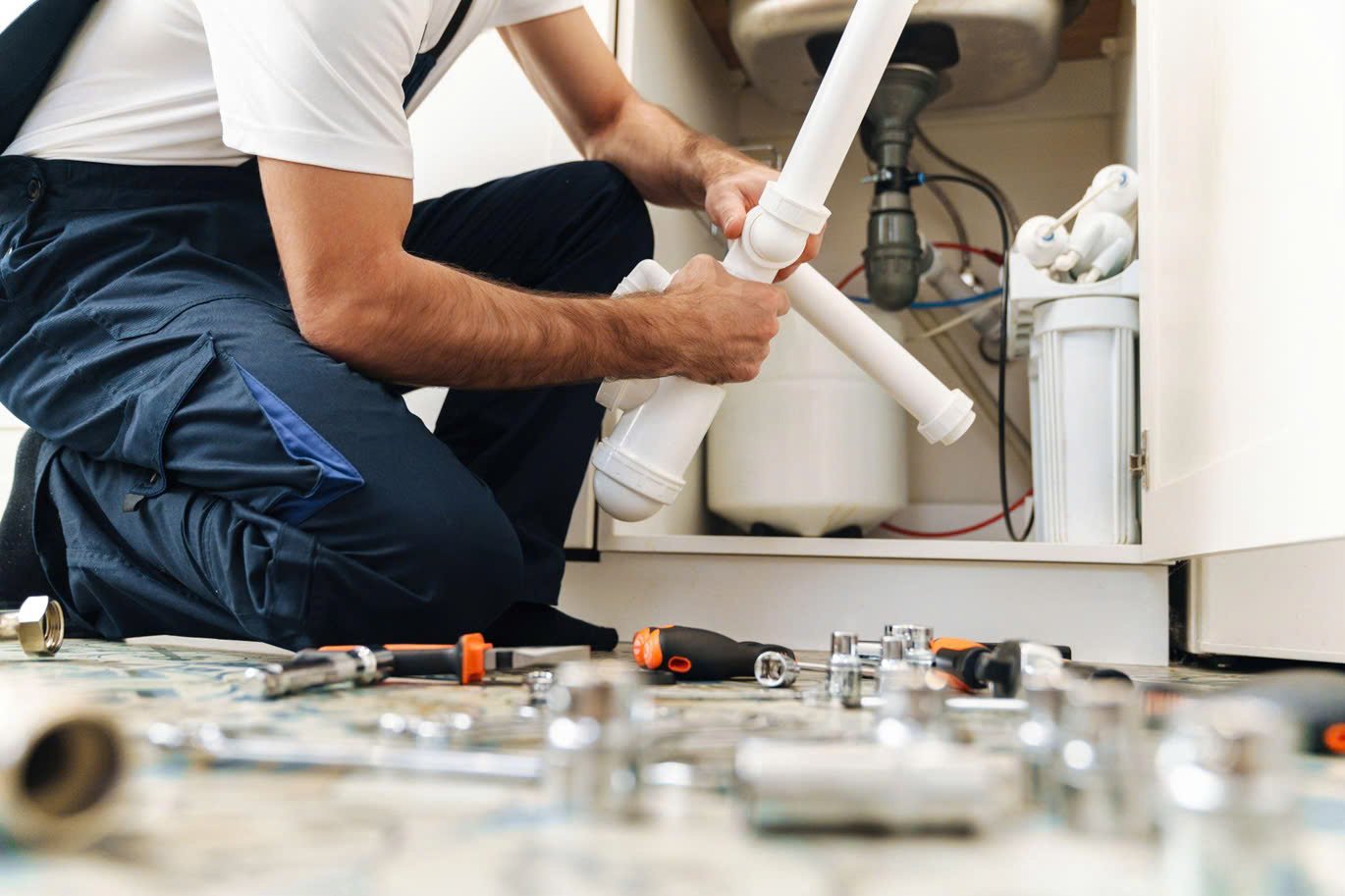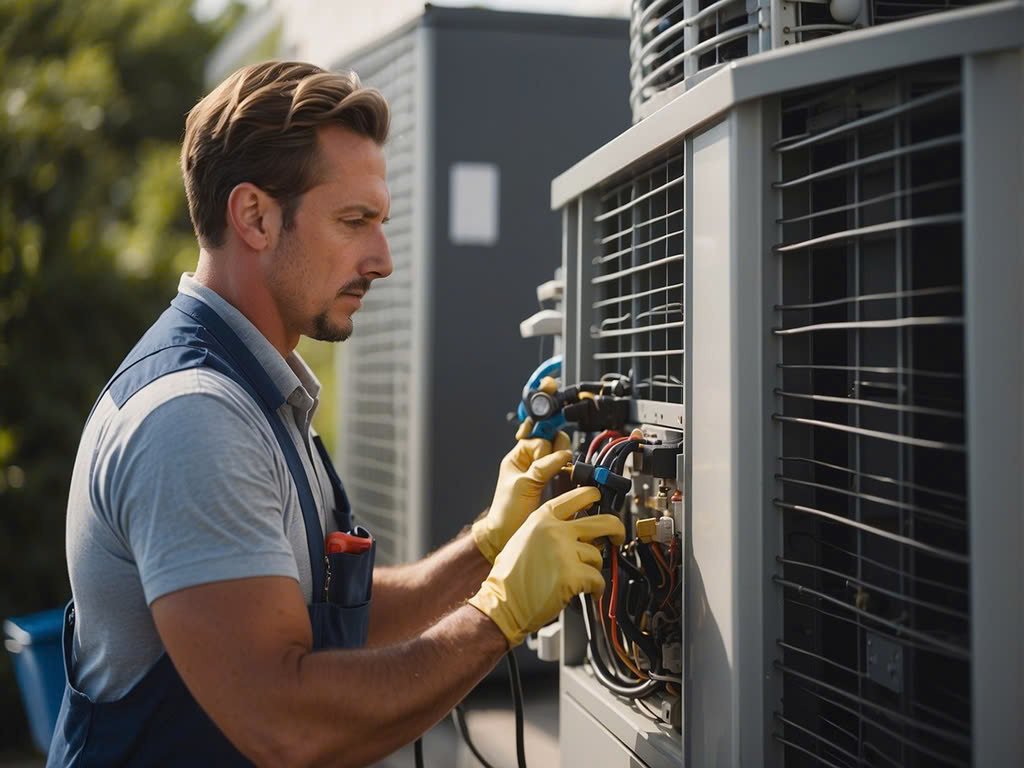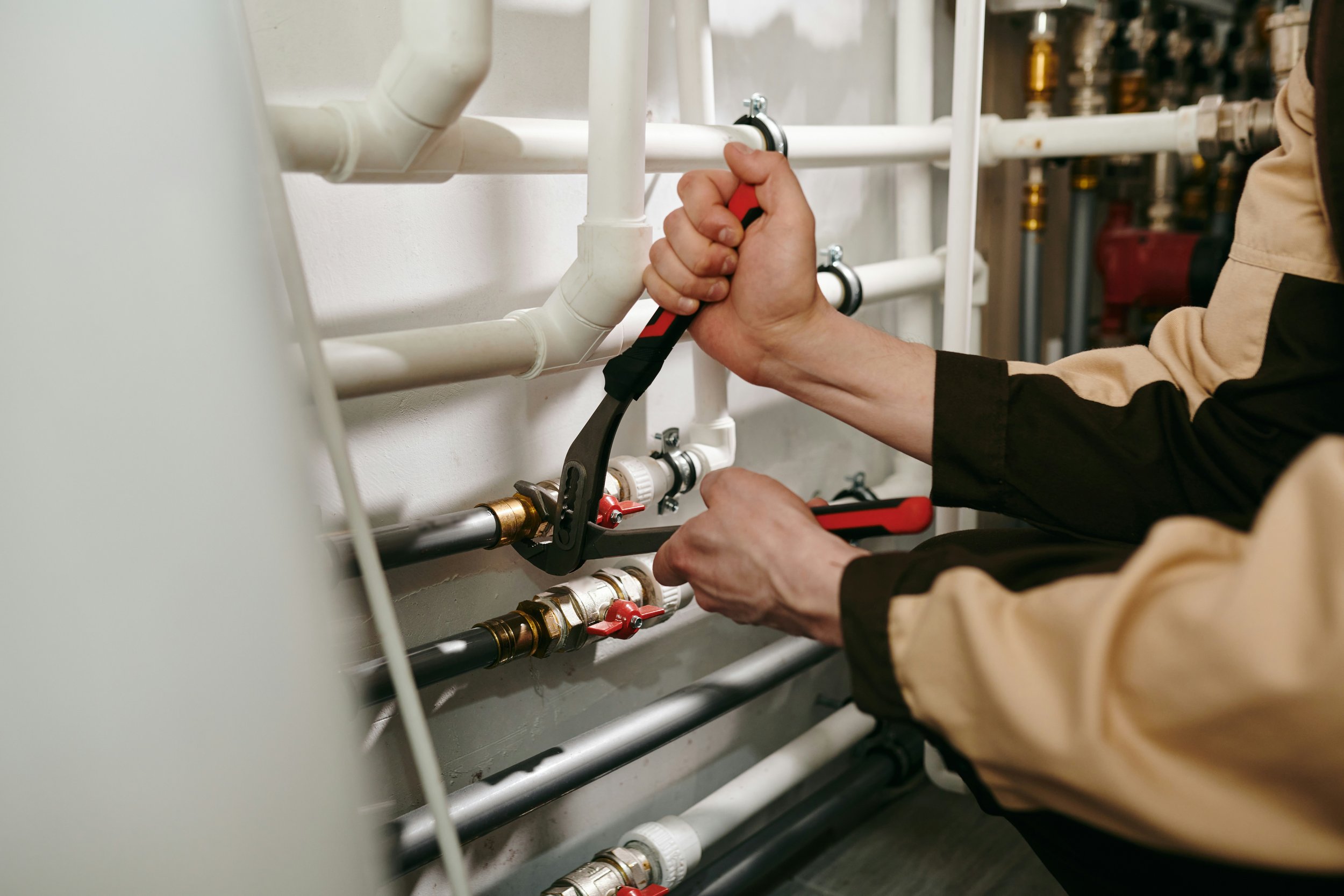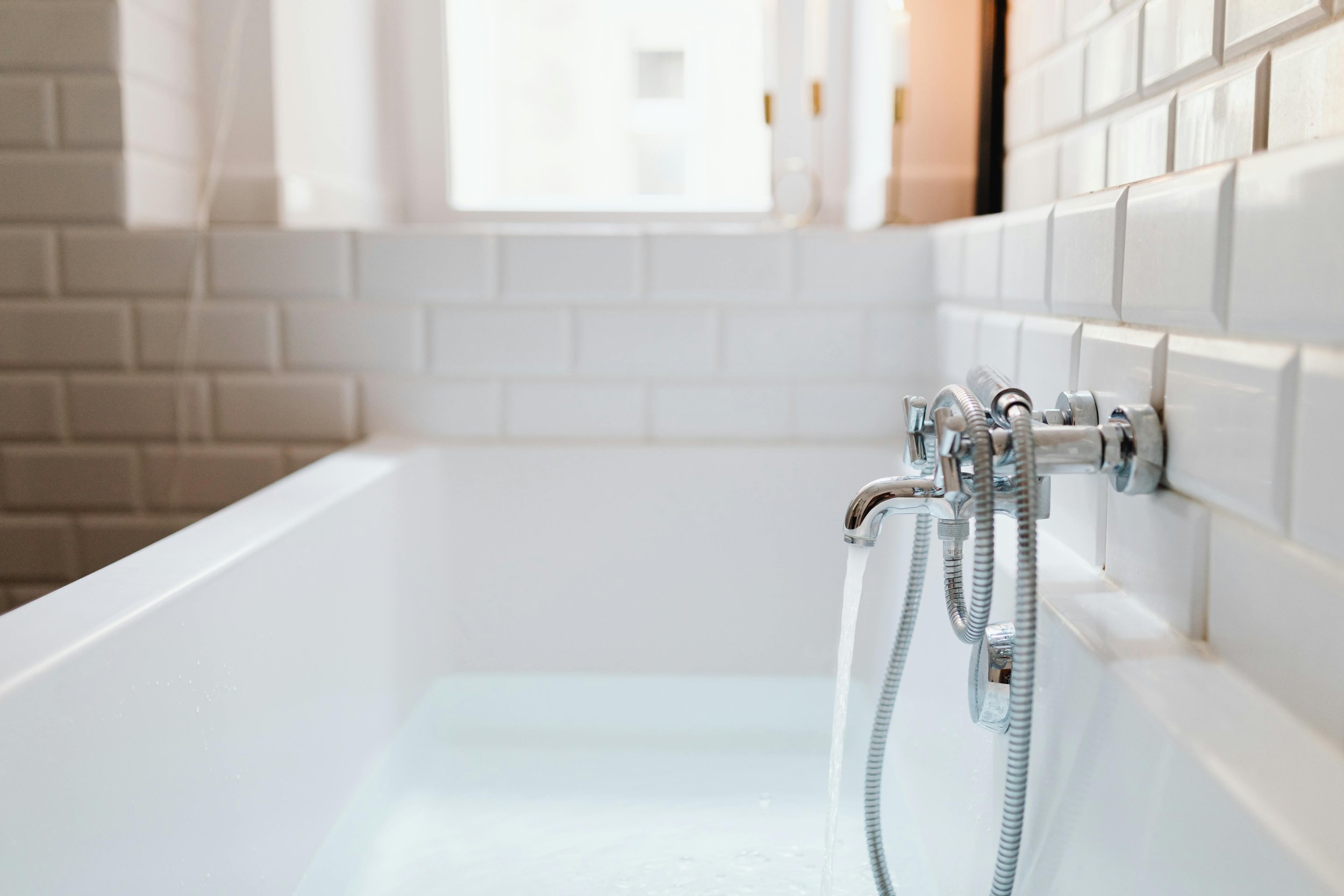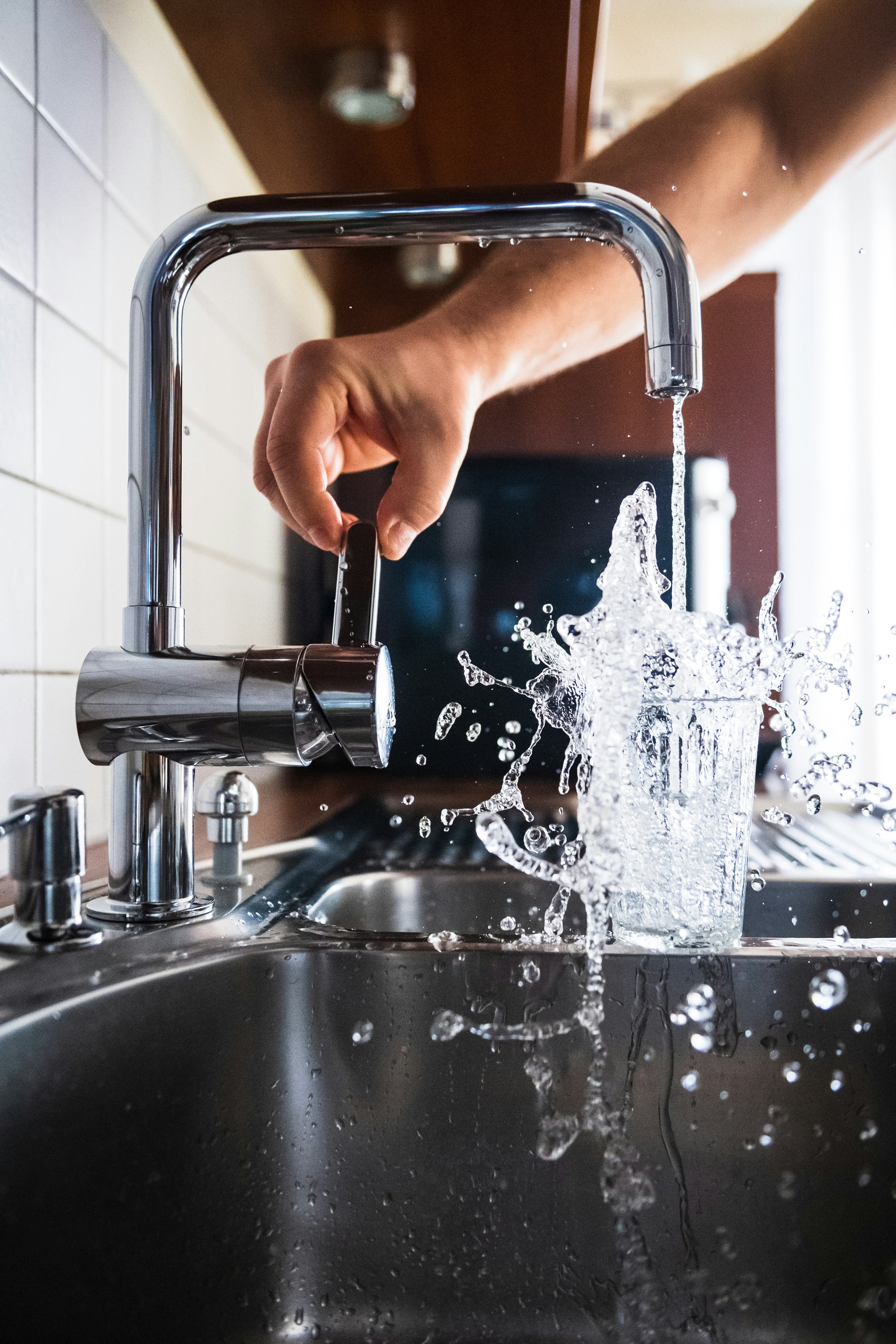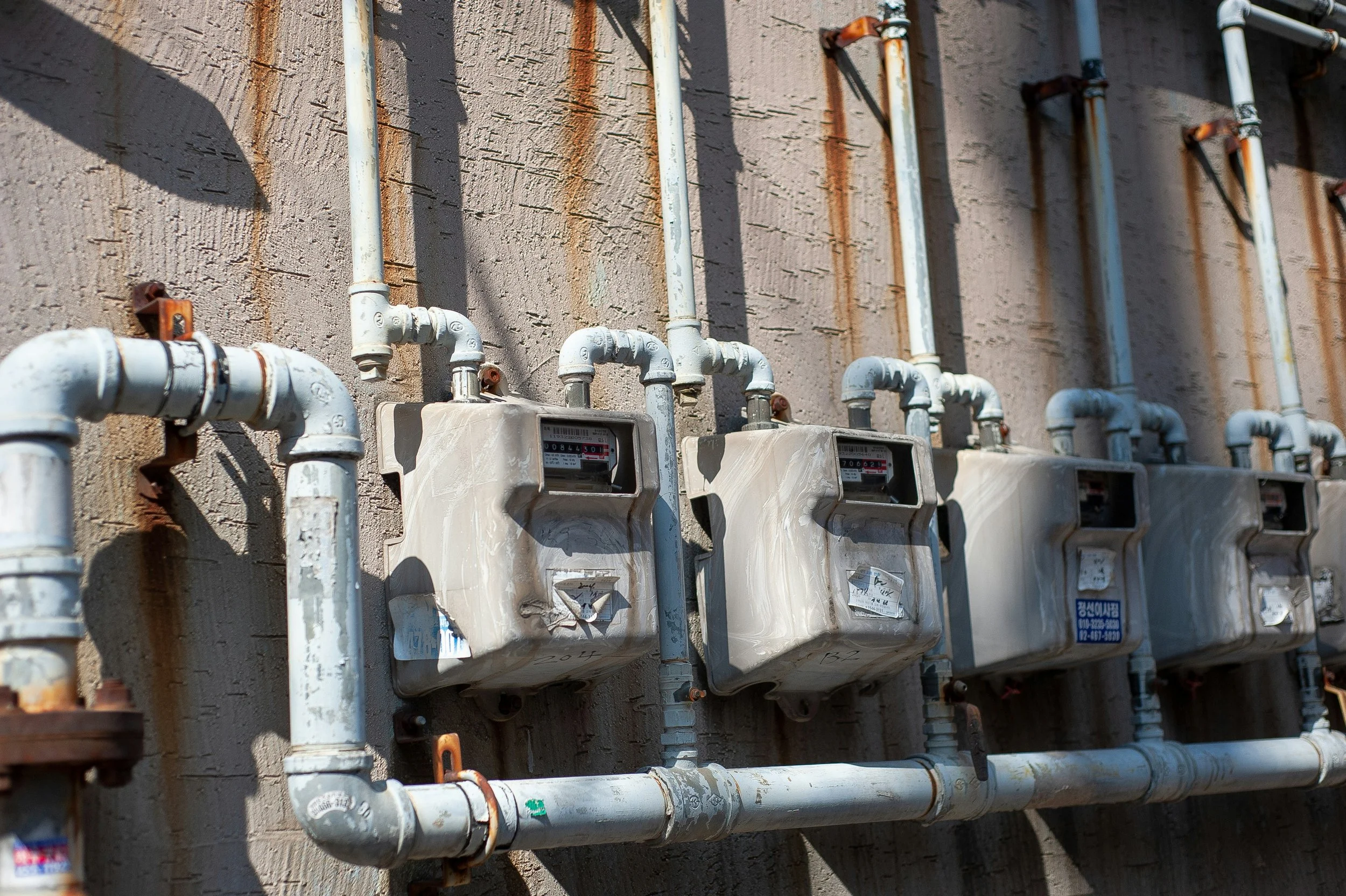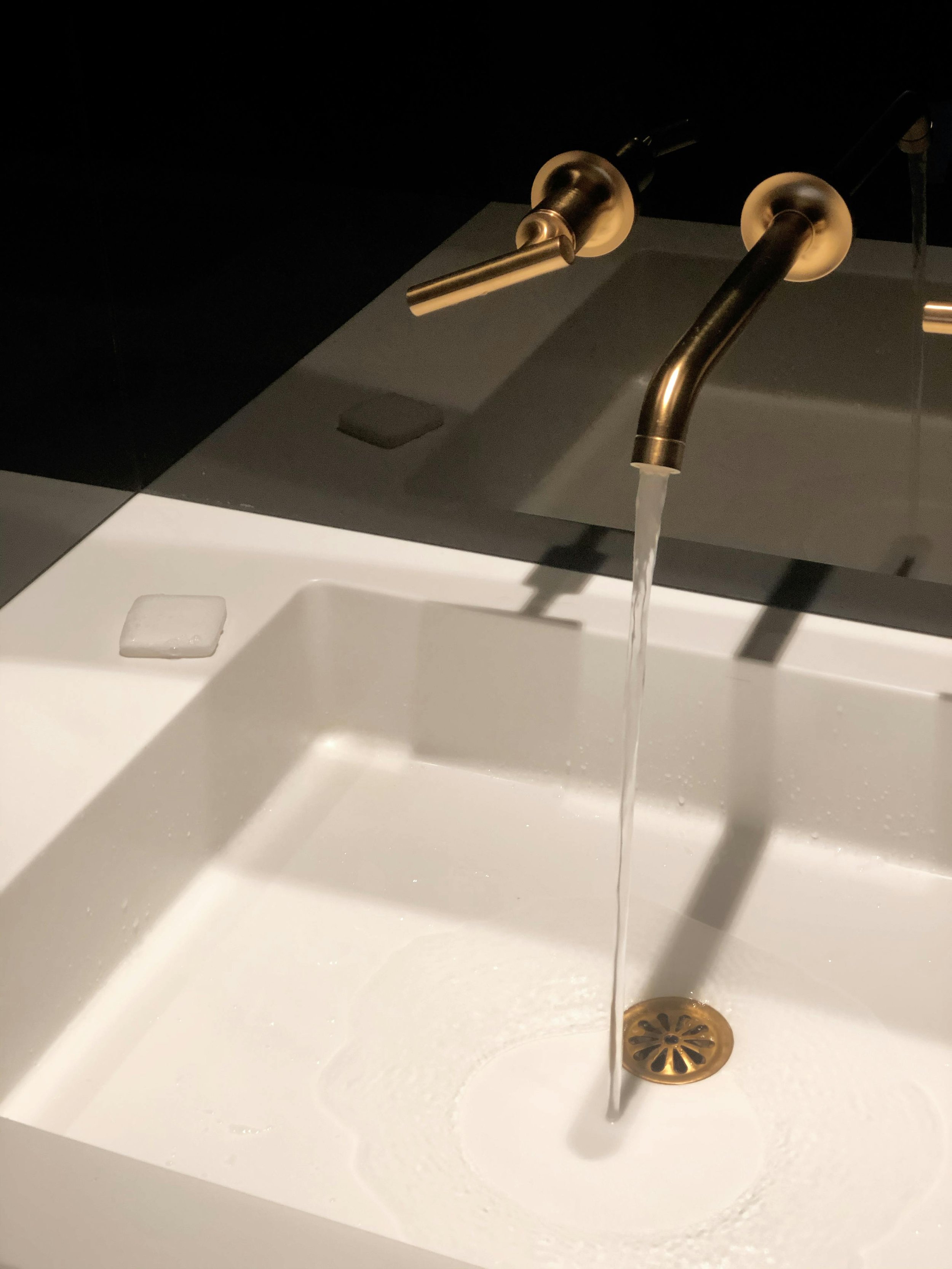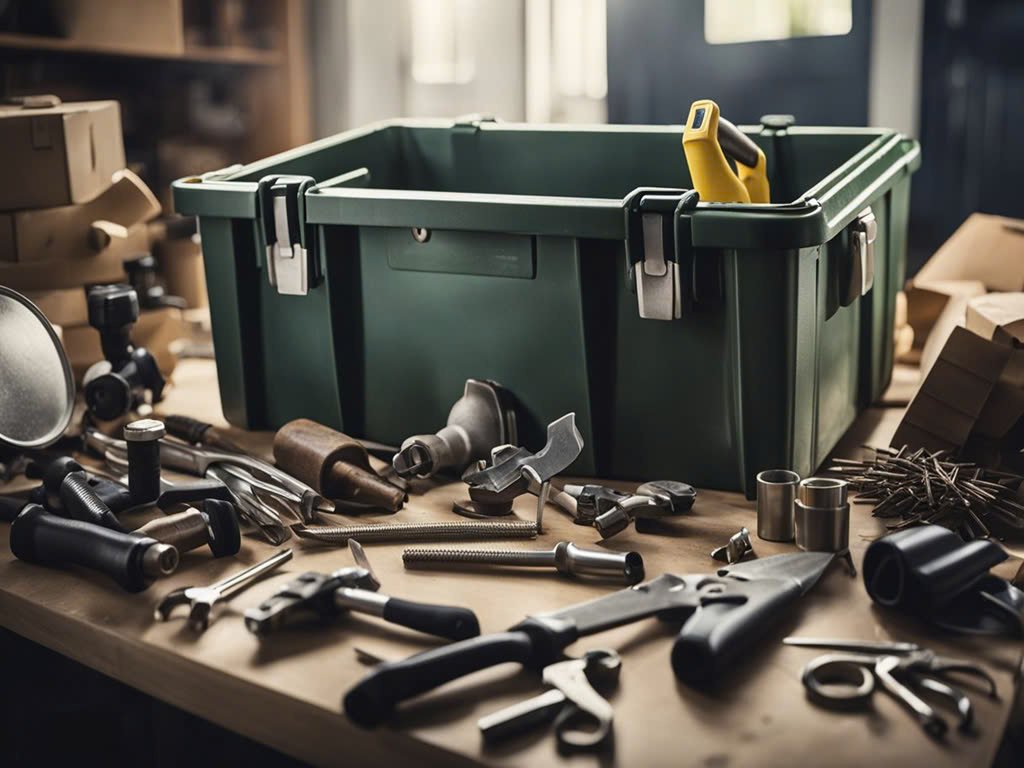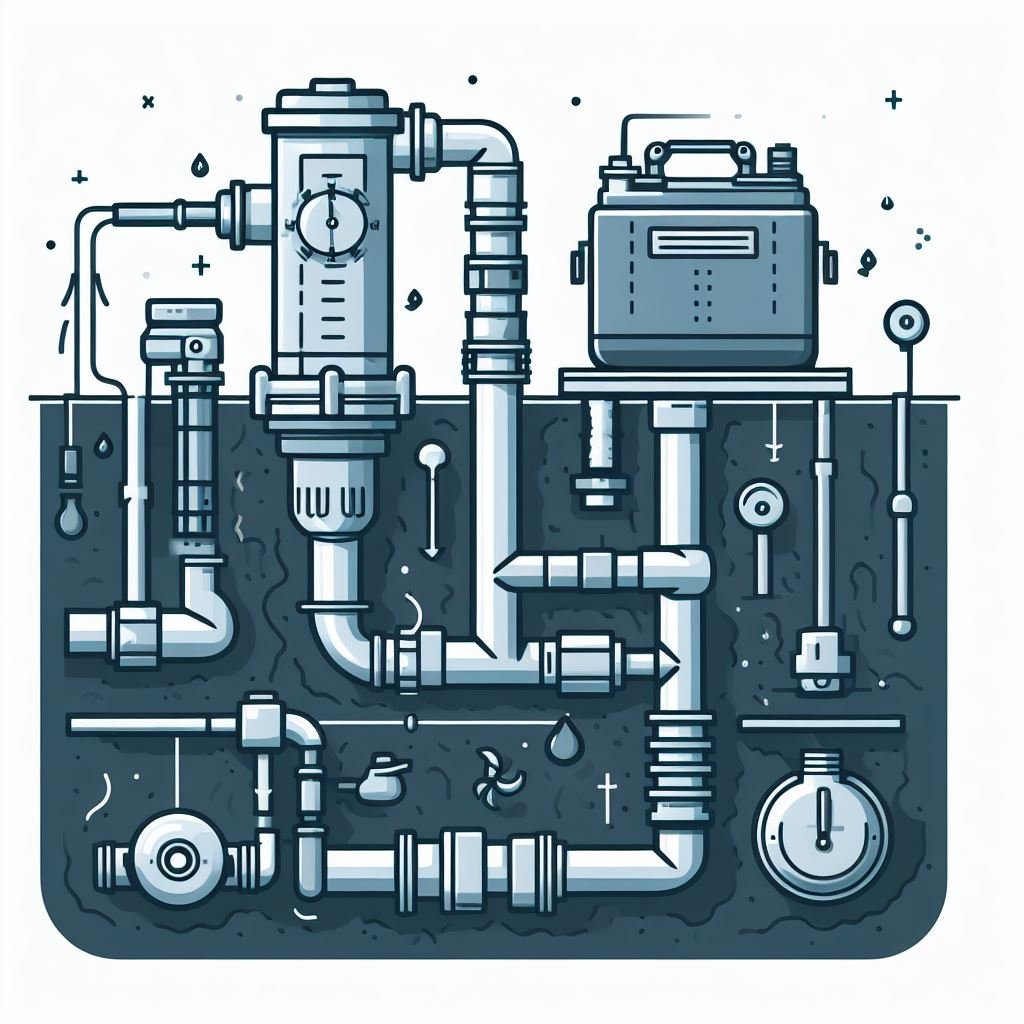Interested In a Career as a Plumber? Colorado Has a Few Requirements
Considering a plumbing career in Colorado? Learn the key requirements, certifications, and steps to kick-start your journey in this rewarding trade.
Not everyone dreams of an office job. Some individuals want a little more freedom than sitting at a desk. This isn’t saying office jobs aren’t vital, only they’re not for everyone. What about becoming a plumber in Denver, CO? This can be an interesting, rewarding, and even lucrative career.
However, before you grab a plunger and a wrench, it takes a little more than a few tools to work as a plumber in Colorado. You must meet some requirements and these aren’t suggestions.
Requirements for Working as a Plumber in Colorado
You already know you can’t just decide to become a plumber out of the blue and get right to work. There’s a process and it’s required by the state. All plumbers in Colorado must be licensed. No, this doesn’t mean you’re good to go if you have a valid driver’s license. You need to have a plumber’s license issued by the state.
Guess what this means? You’re heading back to school! Before you start searching for financial aid and planning on how to survive dorm life, it’s a different type of school. Chances are, you’re going to spend very little, if any, time in the classroom. Instead, you’re going to be getting a ton of on-the-job training.
Yes, you read that right! You can even earn a paycheck and work towards your plumber’s license at the same time. The types of plumbing projects you get to work on depend on where you’re at in the licensing process.
Are you wondering if you need a state-issued license to work on your home’s plumbing? If so, the answer is no. A homeowner can work on their plumbing without a license, but it’s rarely a great idea. Plumbing can be complicated and a little mistake can result in a flooding disaster. You will need to pull any necessary permits before starting your plumbing project.
On the other hand, if you’re a business owner you can’t work on the plumbing. This is true even if you also own the building. Any type of commercial plumbing work must be done by a licensed professional. Even if you hike down to city hall and secure the necessary permits, it’s still against the law for a non-licensed individual to work on commercial plumbing.
Types of Colorado Plumbing Licenses
Becoming a professional plumber tends to be a multi-step process. This is because the state offers four types of plumbing licenses. Each type of license is based on the number of years of experience. This means, everyone starts at the beginning and works their way up to the final level.
However, you’re also free to stop pursuing the different levels of plumbing licenses if you’re comfortable with where you’re at. With that being said, here’s a quick look at the four types of Colorado plumbing licenses:
Apprentice: less than 2 years of experience
Residential: 2 years of experience
Journeyman: 4 years of experience
Master: 5 years of full-time experience
So, everyone starts off as an apprentice and works their way up to a residential plumber. From there, it’s up to you how far you want to advance your career. Something to keep in mind is your earning potential. A journeyman plumber is going to make more than a residential plumber.
If your ultimate goal is to own a plumbing business, you’re also going to need a contractor’s license. This you get from your local jurisdiction but you’ll also need to hold a master’s plumbing license. To learn more about the requirements for a contractor’s license, you can check with your local ordinances.
Basic Requirements for a Colorado Plumbing License
Before you can start working towards your master’s plumbing license, you’re going to need to meet a few requirements:
Be at least 18 years of age.
Meet the minimum experience requirements for the license level you’re applying for
Pass the exam for each licensing level
Complete an application form
Submit an Affidavit of Eligibility. This is usually provided by your employer.
Pay all applicable fees.
If you’re a business owner working towards a plumbing license, you’re also going to need to supply proof of insurance. All business owners must carry insurance in Colorado, there aren’t any exceptions.
Steps for Getting a Plumbing License in Colorado
Becoming a master plumber starts with going through an apprenticeship. From there, you rack up the hours of experience necessary for each level. Here’s a quick look at the various steps:
You start by registering as an apprentice. You must register with the state’s licensing agency at least 30 days before starting work.
Get the necessary hours of experience for each license level. Your experience needs to be documented and verified by your employer or another licensed plumber.
Take the exam. You’re going to need to take and pass an exam for each license level. Don’t have a panic attack if you don’t pass an exam. You can take it again but this also means repaying the non-refundable fee.
After passing the exam, send in your application and affidavit of eligibility. Within a few days or so, you should receive your plumbing license and you can move up to the next level.
What to Expect on the Plumbing Exam
While we’re not going to give you a copy of the exam, we can give you a general idea of what to expect. Both the residential and journeymen tests have 100 questions you must complete in 240 minutes. The master plumber’s exam is a little longer at 120 questions and you have 270 minutes to finish the test.
The topics you should expect on the exam, regardless of license level include:
Water Supply
Vents
Fixtures and Equipment
Piping Support and System Protection
Traps, Interceptors, and Separators
Storm Drainage Systems
Sanitary Drainage Systems
Indirect and Special Waste Piping
Isometric Analysis
Residential Fire Sprinklers
Water Heaters
If you paid attention during your various plumbing jobs, the test should be relatively easy. So, are you ready to start your journey to becoming a licensed plumber? If so, get ready to enjoy a rewarding career that also pays your bills.
